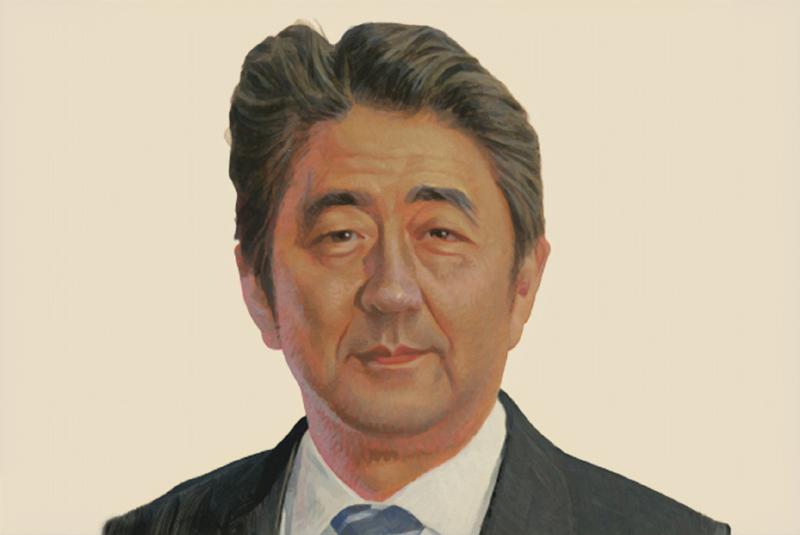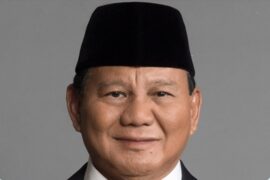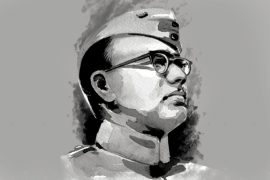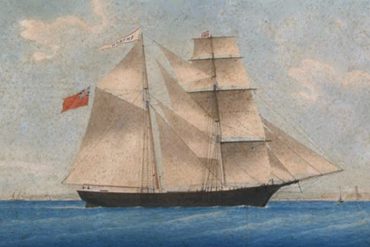The surprise resignation of the Japanese Prime Minister, Shinzō Abe, has come as a shock. For India, the departure of a close and reliable friend is a matter of concern. Prime Minister Abe and Prime Minister Modi are scheduled to meet at a virtual Summit, which is of immense importance to India, especially in the context of COVID-19, and the Chinese intrusion.
Abe has resigned for non-COVID health reasons. In a press conference, an emotional and apologetic Shinzō Abe announced he is resigning because the ulcerative colitis, a serious condition of inflammation in the colon, needs serious attention.
In 2007, he resigned in his first term as PM. But now, he is leaving office after breaking Eisaku Satō’s record of the longest-serving post-war Prime Minister of Japan. Sato was PM for 7 years and 242 days, between 1964 and 1972. Abe has been PM for three terms, between December 2012 and August 2020, for 7 years and 247 days, a new record. He was earlier PM for 1 year in 2006-07. He led four cabinets in his career, while Sato led three. He still had a year to go, but the ulcerative colitis needs serious attention.
Shinzō Abe comes from a family with strong political ties. His mother is the daughter of Prime Minister Nobusuke Kishi (1957-60). His father, Shintaro Abe, was the Foreign minister of Japan. In the 1980s, when I was posted in Japan, Shintaro Abe, showed signs of future leadership. Shintaro Abe, along with Noboru Takeshita and Kiichi Miyazawa, were the New Japanese Leaders. Both Takeshita (1987-89) and Miyazawa (1991-93) served as short-term Prime Ministers, but Shintaro Abe passed away in 1991.
Copyright©Madras Courier, All Rights Reserved. You may share using our article tools. Please don't cut articles from madrascourier.com and redistribute by email, post to the web, mobile phone or social media.Please send in your feed back and comments to [email protected]











